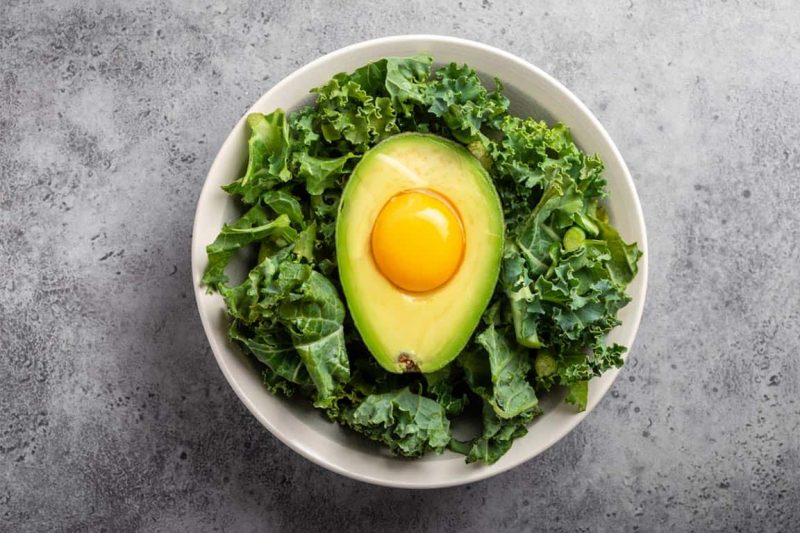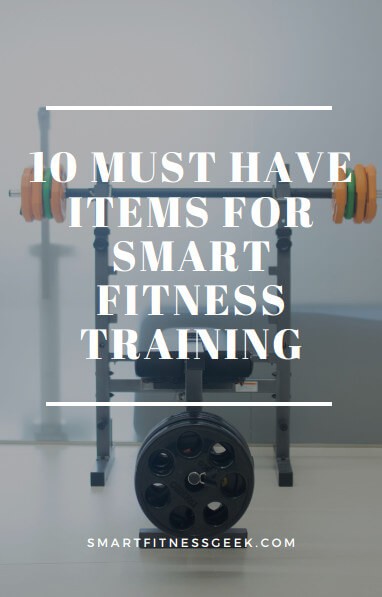The keto diet is one of the most popular diet plans around. Basically, it relies on getting your body to use ketones as its main source of fuel, instead of glucose. You reap the benefits of the keto diet once your body enters ketosis.
You may be wondering what ketosis is, what it feels like, and how long it takes to enter it. Let’s find out!
First, to fully benefit from a ketogenic diet, your body needs to enter a unique state called ketosis. This is where your body starts to break down fat and convert it into molecules called “ketones.” Your body then starts using these ketones as its main source of energy, instead of glucose.
So, how do you know if your body has entered ketosis? Does it take longer for some people to enter ketosis than others? Do some people struggle to enter ketosis? To get answers to all these questions, keep reading!
Table of Contents
How Long Does it Take?
The keto diet works best if you’re dutifully reducing your carb intake. If you’re consuming lots of carbs, your body converts them into sugar molecules and uses them for energy. Any excess glucose is stored in your liver and muscles.
So how long does it take to get into ketosis? Well, the time it takes for people to enter ketosis can be different from person to person. In general, if you’re consuming 15-50 grams of carbs a day, it can take around 2-4 days for you to enter ketosis. For some people, this process can take longer than a week.
Why does it take some people longer to enter ketosis than others? Well, the answer lies in your age, how much you exercise, how fast your metabolism is, and obviously, your carb, protein and fat intake. Let’s look at this in more detail.
Why Do Some People Take Longer to Enter Ketosis Than Others?
Well, to put it simply, people’s lifestyle choices, natural aging processes, and a number of other factors affect their ability to enter ketosis.
One mistake that people often make is not eating adequate amounts of fat. To put this into perspective, people should be aiming to consume around 10-15% of their daily calorie intake from carbs, 20% from protein, and around 65-70% from fat.
Secondly, most people end up eating more carbs than the amount specified for a keto diet plan. It’s very easy to lose track or simply be unaware of the exact amount of carbs in every food item you consume throughout the day.
Just as eating too much carbs or too little fat can make it harder to enter ketosis, eating too much protein can make it difficult as well. How? Eating too much protein can make your body convert amino acids (from the protein) to sugar, which can prevent the production of ketones.
A healthy lifestyle can help you enter ketosis faster. So make sure that you’re getting enough sleep, that you’re exercising, and that you aren’t too stressed.
All in all, you should be able to enter ketosis relatively soon if you avoid these mistakes. Finding the right balance can be a bit challenging at first, so take your time and figure out what works best for you.
How to Tell Whether You Are in Ketosis?
To be sure you’re in ketosis, you need to measure your ketone levels. People are thought to be in ketosis if they generally have blood ketone levels that are raised above 0.3 millimole per liter.
Bear in mind that for some people, an overnight fast will cause them to enter ketosis, while others might have to wait a week or so. How long it takes to get into ketosis is really a matter of what kind of lifestyle you live.
There are a few ways to measure your ketone levels and find out if you’re in a state of ketosis or not.The first way is ketone blood testing. You can do this by using an at-home blood ketone meter. This test measures the levels of beta-hydroxybutyrate (BHB) in your blood. Like we said before, levels above 0.3 mmol/L is considered to be ketosis, but it might not be the optimal range.
Levels above 1 mmol/L are generally considered optimal. Some sources claim that a blood ketone level range of 1.5-3 mmol/L is ideal for maintaining ketosis.
Blood ketone levels can also be measured via breath testing and urine testing, but these methods aren’t as validated as blood testing is.
How to Get into Ketosis Faster?
If you’re struggling to enter ketosis, there’s no need to worry. Here are some strategies and tips you can use to get into ketosis faster.
First, and most importantly, reduce your carb intake to about 20-50 grams per day. Also, tracking your carb intake can help you not exceed your carb target intake unintentionally.
Second, try to avoid eating out as much as possible. Be aware of hidden carbs, because many sauces and dressings can be very high in carbs.
Third, try to increase your intake of high-quality fats. It may even be worth trying a short-term fat fast. You should exercise regularly to make sure you’re using up energy from the carbs you’re consuming as well.
These might sound like difficult changes to adapt to, but in reality, they’re very easy to understand and follow. Small but consistent changes in your diet and lifestyle can help you out a lot in the long run. However, it can still be a hassle figuring out the right balance.
To save you a lot of time, I researched keto plans and found that CustomKetoDiet is the best way to follow a diet plan that will help you enter ketosis much faster.
CustomKetoDiet offers you an eight-week long meal plan that is designed around your unique calorie intake needs. For each meal, you have instructions to customize it further, in addition to the original recipe provided. Lastly, they even give you a downloadable grocery list for your plan.
Final Thoughts
Entering ketosis can be a daunting experience if you don’t know what you’re doing. But luckily, it’s not difficult to learn all that you need to know about how long it takes to enter ketosis. You can do so easily by looking at the information provided above.
As for your diet plans, if you want customizable plans to help you get a better idea of getting into ketosis and help you reach ketosis faster, check out CustomKetoDiet.
You can learn more about them on their website, so be sure to check that out. Happy exploring!








